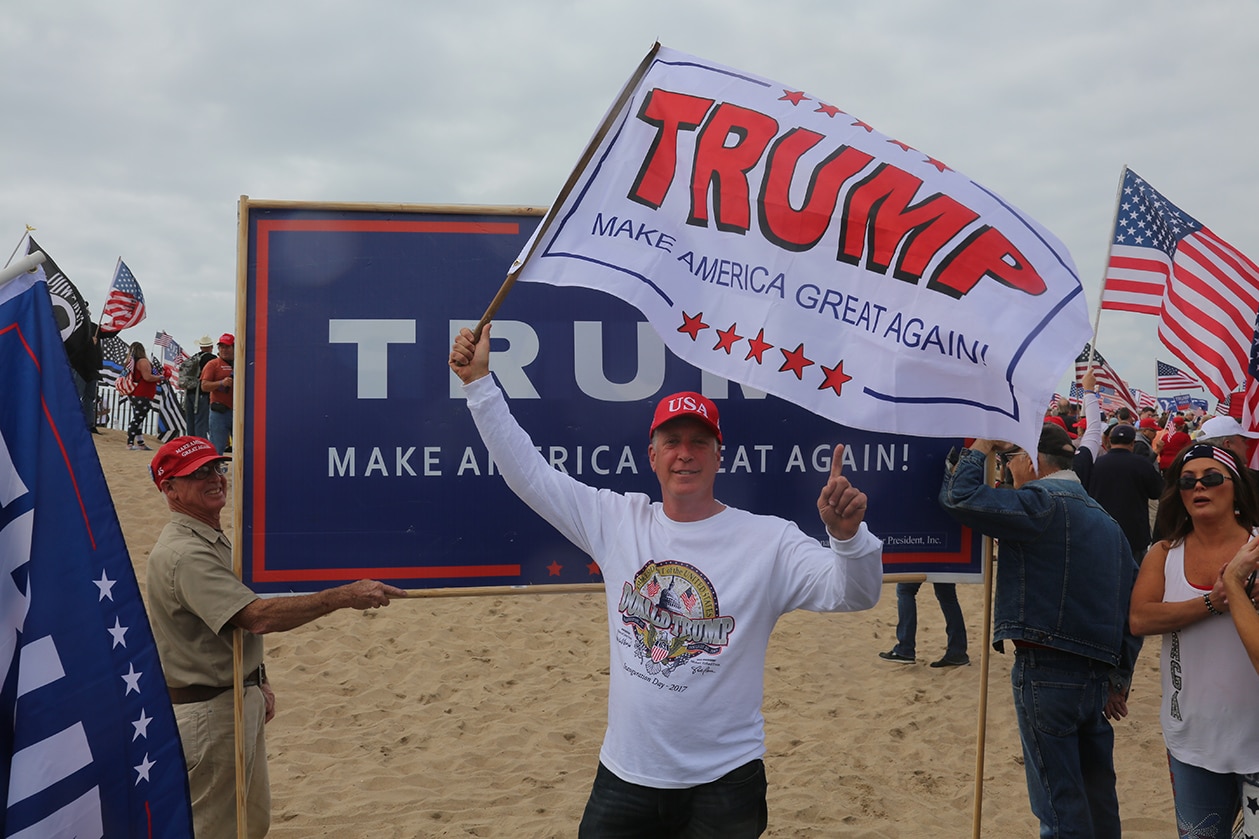Business
Reaping The Trade Whirlwind

The Trump administration has introduced a flurry of regulations and executive orders to protect American industries and workers.
For the better part of the past century, the United States and the West have pontificated on the virtues of global trade. International aid from the World Bank and the International Monetary Fund was frequently conditioned upon developing countries opening up their economies. Third World nations were frequently bamboozled into lowering trade barriers to allow the entry of multinationals and lifting regulations that protected fledgling local manufacturers from foreign competition.
Over the past several decades, multinational corporations ravaged domestic industries and displaced millions of local craftsmen and small farmers in developing countries throughout Asia and Africa. Centuries-old traditional crafts and small scale industries were decimated and indigenous practices swamped by globalization. Not to worry, Western capitalist economists reassured them, it was a heavy, but necessary price. Over time, the rising tides of international capitalism and trade would lift all boats.
Now that the economies of India, China and other emerging countries have lifted, Western capitalist economies are beginning to pull up the drawbridges. Donald Trump’s surprising electoral victory was propelled in no small part by his angry rhetoric against the Trans Pacific Partnership (TPP) and the North American Free Trade Agreement (NAFTA).
The protectionist ideology that swept Trump to power in the United States, also drove the United Kingdom out of the European Union, and is firing up right wing movements from France to Germany and Denmark. Today’s nationalist movements in America and Europe are invoking the same fears and ideologies that animated governments and intellectuals in developing societies throughout the 1970s and 1980s, who were apprehensive that global trade would destroy local industries and hurt domestic labor. International trade at the time was denounced as a license for Western multinationals to pillage their natural resources at bargain basement prices and dump expensive value added finished goods, in which they leveraged their natural advantage of superior technology, upon them.
Now that emerging countries, such as China, have stolen a march on manufacturing and India on business services, the disproportionate financial benefits of imbalanced trade no longer accrue to the West.
It is not that the playing field is no longer level, as Pres. Trump is often at great pains to complain. It is more level than it ever has been. The real problem for Western countries now is that the rules of the game — rules they set — no longer tilt to their benefit.
So, the West wants to revamp the rules of global trade. The Trump administration has introduced a flurry of regulations and executive orders to protect American industries and workers. It is tightening the noose on H1B visas, ostensibly because of fears of immigration abuse, but which India’s External Affairs Ministry spokesperson Gopal Baglay has said, “is not an immigration issue; it is a trade and services issue.”
The new administration has announced a national security review designed to clamp down on steel imports to protect its domestic It has issued a presidential memorandum withdrawing from the TPP, declared its intention to renegotiate or pull out of NAFTA, and Pres. Trump has signed an America First executive order directing all government agencies to buy American and hire American.
Pres. Trump’s policies echo the self-sufficiency economic themes of India’s independence movement and the half century that followed independence.
But there is something fundamentally incongruous between a swadeshi movement mobilized around India’s independence struggle and resisting economic imperialism to protect indigenous craftsmen and Trump’s America First ideology that strives to turn back the clock on a tottering legacy industry, such as coal, to save a handful of overpriced, unskilled jobs.
The economic “creative destruction” that free trade unleashed after World War II, which decimated everything from the rare Patola sari in Patan, Gujarat, to the ittar industry in Kannauj, U.P., is now turning its fury on the last vestiges of old-school manufacturing and legacy industries in the West.
The new nationalism that xenophobes in America and Europe are riding is but a punctuation stop, for having sowed the winds of global trade, the West has no escape from reaping the whirlwinds now buffeting its shores.

You must be logged in to post a comment Login